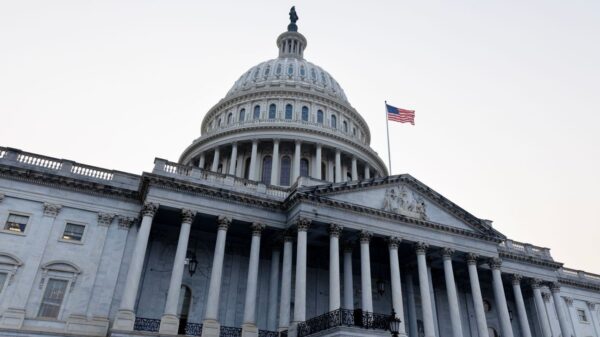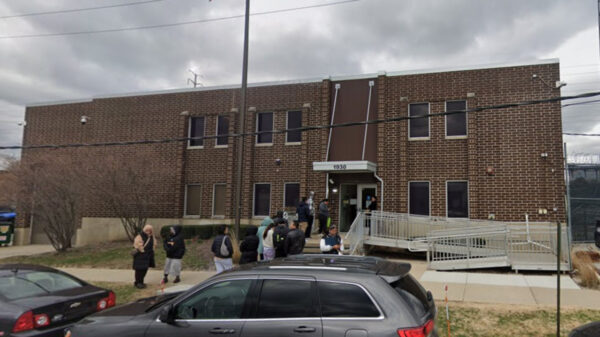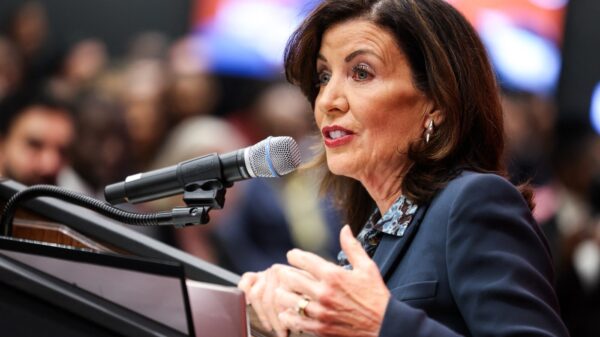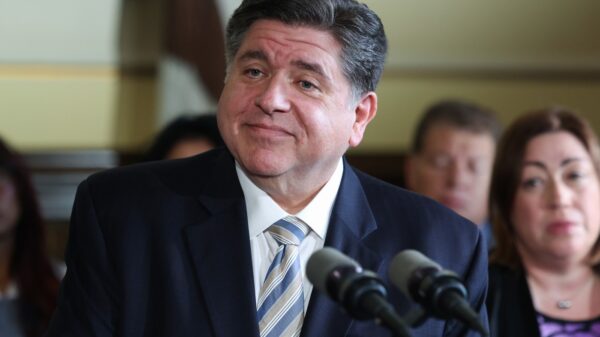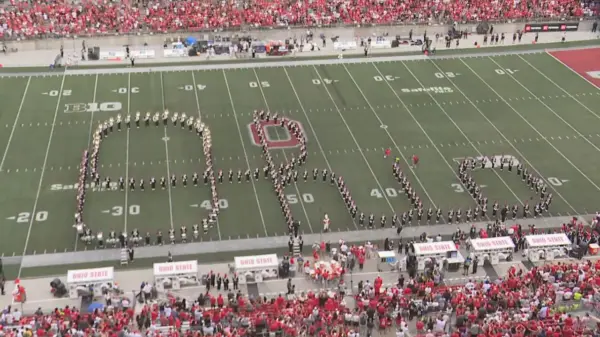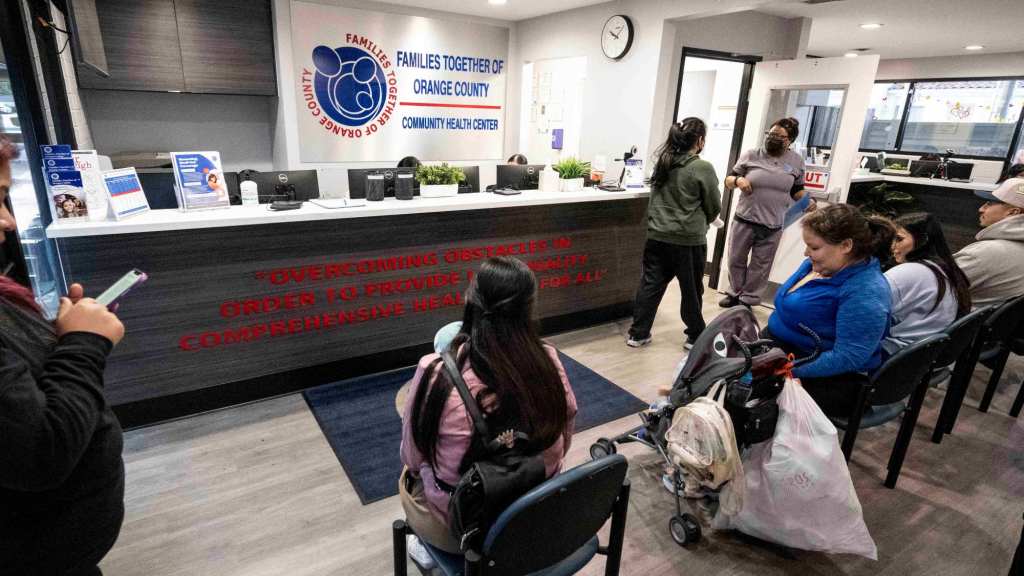On July 4, 2023, President Donald Trump enacted the One Big Beautiful Bill Act (OBBBA), a significant piece of legislation expected to reshape Medicaid programs across the United States, including California’s Medi-Cal. This act is anticipated to reduce enrollment, particularly among individuals who should not have received coverage under the program.
The changes come after significant expansions in Medi-Cal eligibility instituted by California lawmakers. In 2024, the state became the first to allow undocumented immigrants aged 26 to 49 to enroll in Medi-Cal. As part of the same legislative push, California removed its asset limit test for long-term care benefits, enabling wealthier seniors to utilize nursing homes at no out-of-pocket expense.
These expansions have led to staggering expenses. Initially, the cost of providing Medi-Cal to undocumented immigrants was projected at $3.9 billion from January 2024 through June 2024. However, actual spending has soared to approximately $8.5 billion annually, covering around 1.6 million undocumented residents. Earlier this year, California had to borrow billions from its General Fund to address this financial burden.
Enrollment among seniors has also surged dramatically, increasing from approximately 1,600 per month in the latter half of 2023 to an astonishing 14,500 monthly in early 2024. This surge is expected to cost an additional $700 million to the General Fund for the fiscal year 2024-2025.
While California taxpayers might naturally assume responsibility for these costs, much of the financial burden has been shifted to taxpayers in other states. The state has implemented some of the highest “provider taxes” in the nation, which are fees imposed on insurers administering Medi-Cal plans. In 2023, California tripled its monthly tax from $55 per enrollee to $182.50, with further increases expected.
These provider taxes have created a controversial fiscal environment. California channels the revenue generated back to insurers through increased Medicaid payments, allowing the state to procure additional federal matching funds. Between 2023 and the end of 2026, California is projected to receive over $19 billion in extra federal funds due to this strategy.
The OBBBA aims to address these concerns by freezing existing provider taxes and gradually lowering the safe harbor threshold for these taxes from 6% to 3.5%, as recommended in President Barack Obama‘s fiscal 2013 budget. This reform is expected to reduce the federal matching funds that states can generate through provider taxes.
The introduction of the OBBBA has prompted California to implement immediate changes to Medi-Cal. The state has frozen enrollment for undocumented immigrants in the program, imposed a monthly premium of $30 for undocumented enrollees aged 19 to 59, and eliminated dental benefits for this group.
In addition to these changes, the new law mandates that states review their Medicaid rolls every six months instead of annually. This adjustment is aimed at preventing tens of billions of dollars in improper payments. The law also introduces work requirements for able-bodied individuals up to age 64 who wish to maintain their Medicaid coverage. These individuals must engage in 80 hours per month of work, volunteering, education, or job training, with exemptions for pregnant women, caregivers, and the disabled.
California Governor Gavin Newsom has criticized these reforms as “cruel,” arguing that they disproportionately affect vulnerable populations. Nevertheless, proponents, including health policy experts, argue that ensuring eligibility and requiring work in exchange for taxpayer-funded health care is a reasonable approach.
The One Big Beautiful Bill Act is not merely a cut to Medi-Cal; it seeks to realign the program with its original intent and lessen the financial burden on taxpayers. By enforcing stricter eligibility and work requirements, California lawmakers may need to reconsider future expansions of the program.
Sally C. Pipes, President and CEO of the Pacific Research Institute, emphasizes that the OBBBA restores the core purpose of Medicaid while advocating for responsible fiscal management. Her recent work, “The World’s Medicine Chest: How America Achieved Pharmaceutical Supremacy — and How to Keep It,” discusses similar themes in health care policy.

